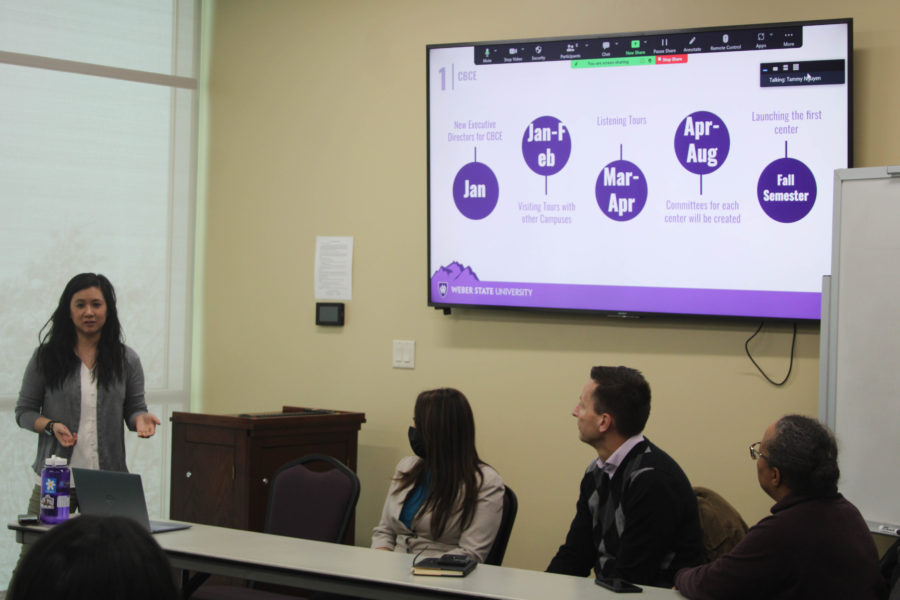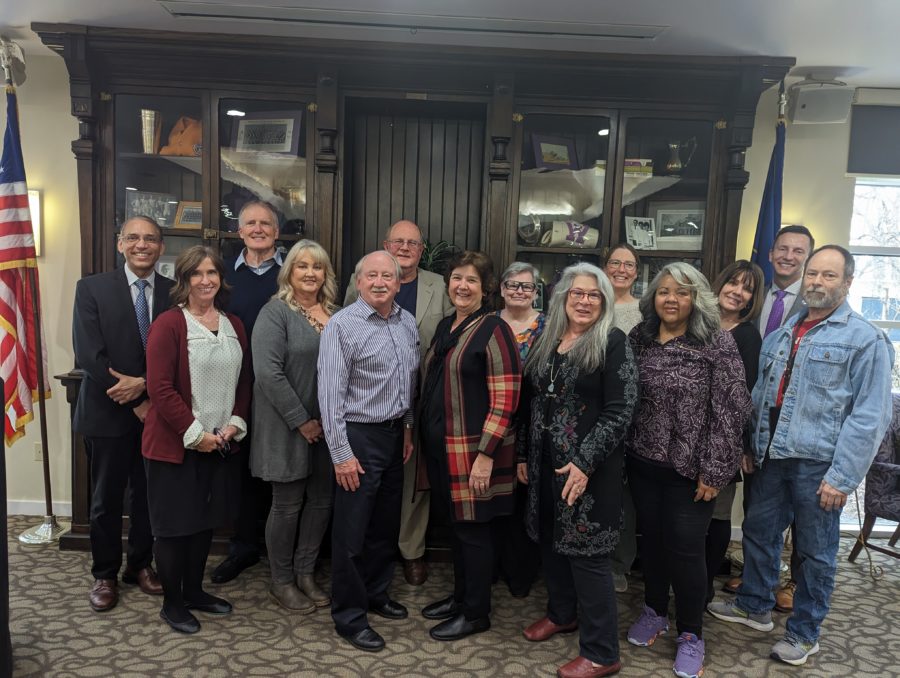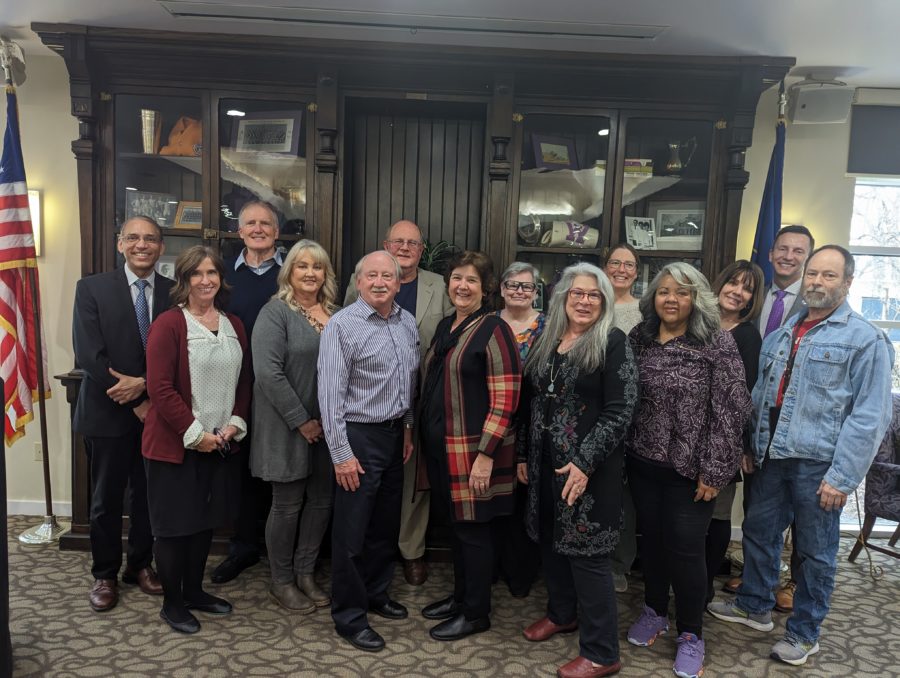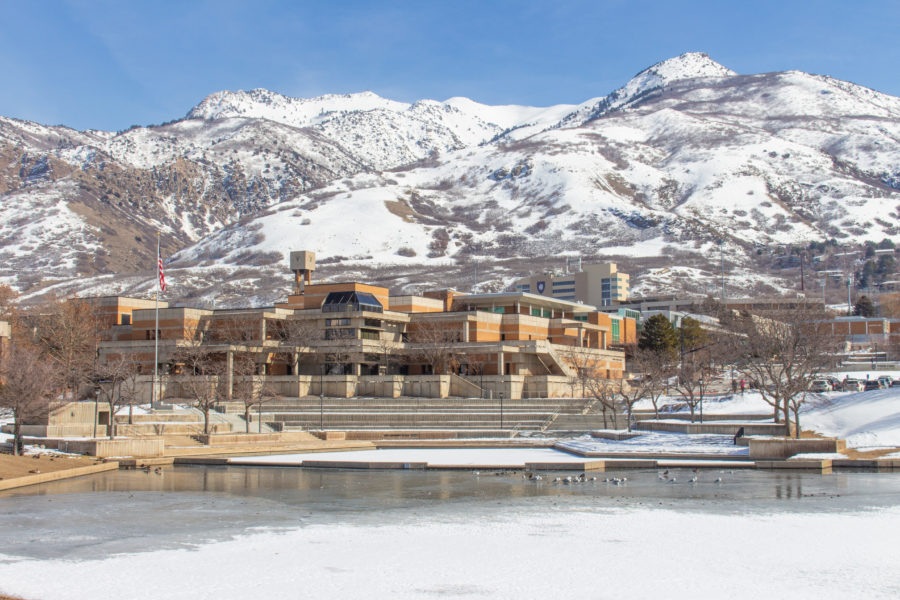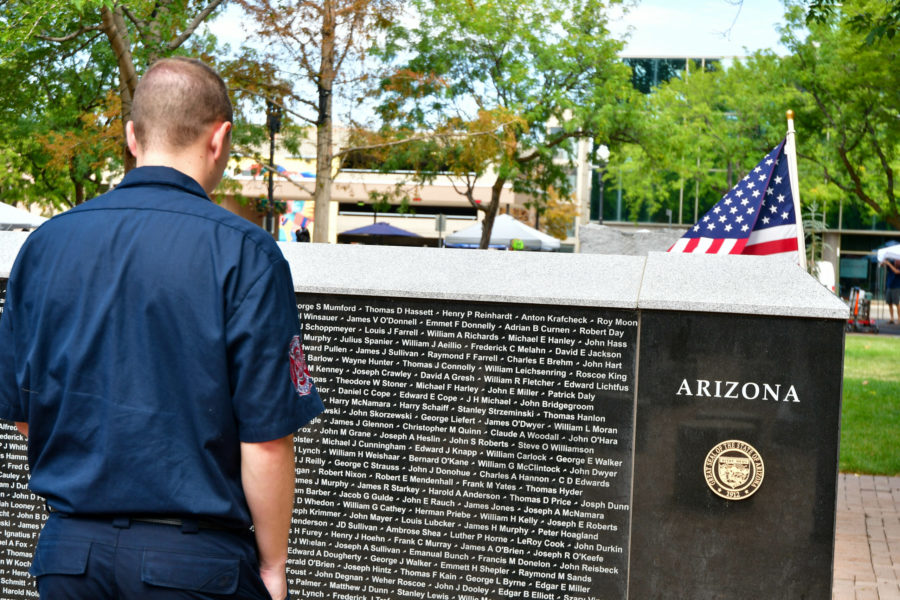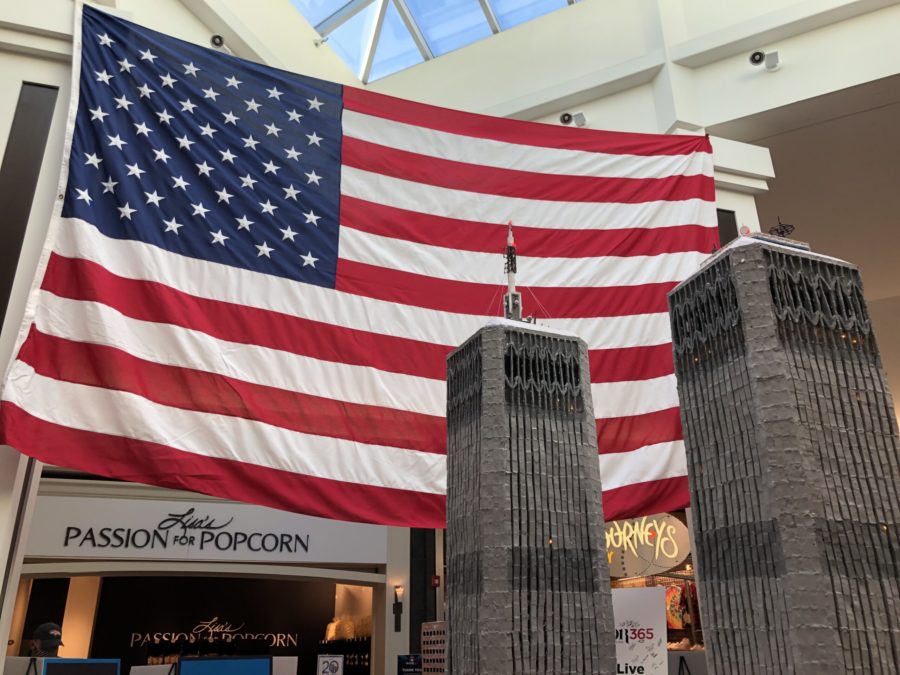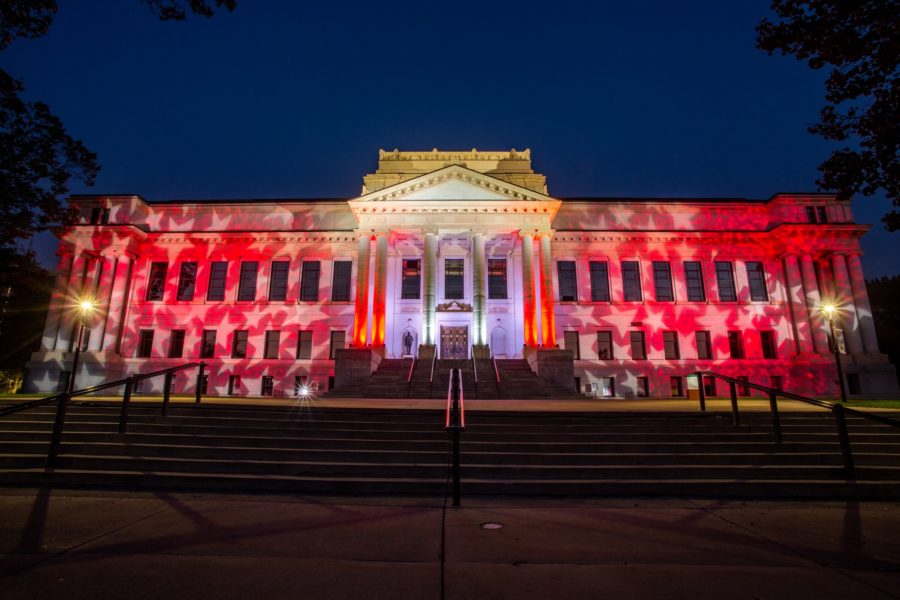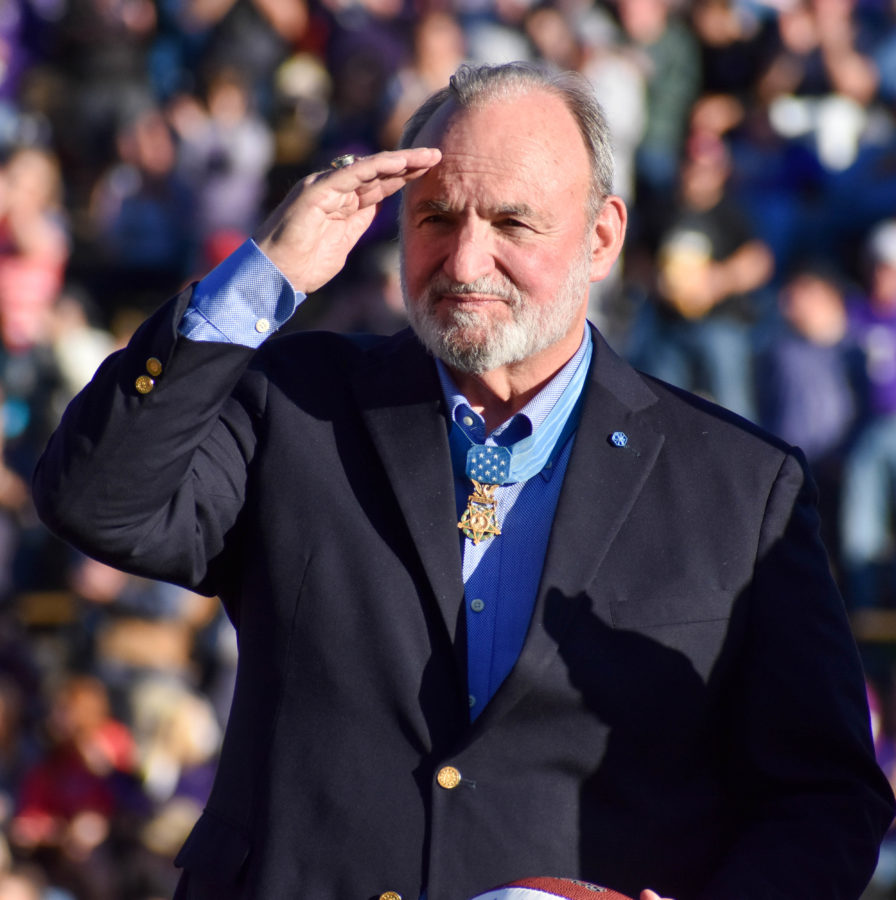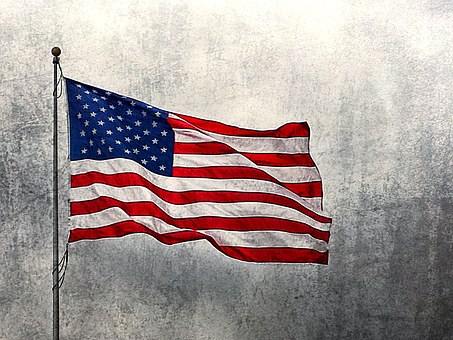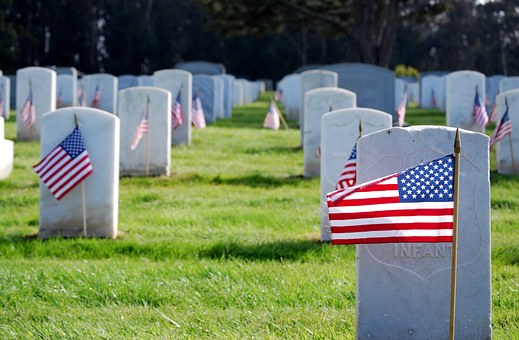It wouldn’t be accurate to say veterans are in a unique position when they come back to school. What would be more accurate to say is that veterans are in several unique positions when they come back to school.
Veterans of foreign wars are as diverse a group as any other on campus, but because of their unifying services and, of course, uniforms, their experiences tend to be lumped together.
Which isn’t to say they all shouldn’t be held up and admired. Of course they should. The services veterans have provided our country are without measure. Our devoted and diligent troops serve during times of war, times of police action, times of peace and times of rebuilding. As we celebrate Veterans Day over the weekend, we should take time to thank those we know for their service.
But there isn’t one single military experience, much like there isn’t one single college experience.
One serviceman might have served in the heat of the action, on the front in Afghanistan, working every day to detect threats or disarming bombs. He/she might appreciate being asked about the time spent overseas and might smile when called a hero. The next, however, might have served as a policeman in Iraq, simply because he/she wanted free college tuition, and might even have fundamentally disagreed with the war and hates being called a hero.
Many veterans who return from their service feel awkward participating in regular campus life. According to one recently returned veteran, group projects take on an odd flavor. There is no clear-cut chain of command, and there are no defined roles. How does anything get done?
The transition back to college life is probably not helped when we, as the curious students we are, ask insensitive questions or probe too deeply into personal experiences. Many returning soldiers are just fine talking about their experiences, but many others are coming home with emotional disabilities like post-traumatic stress disorder and depression, and reliving traumatic experiences with people they meet in class might not be the best thing for them.
In May of 2012, The New York Times conducted a survey of Iraq and Afghanistan veterans, asking what they are most worried about, and the largest response by far was “getting a job.” This, to them, was the biggest step in transitioning from combat to being an effective member of the domestic community.
So, the best way we can thank our returning servicemen and women is to provide a strong job market and meaningful job opportunities for them to slide into after military service. Community-based organizations and veteran groups can also help by providing veterans with job training and chances to go to school with grants and other financial assistance. Education is one of the best solutions to any problem.
This can include educating prospective employers of veterans to the skill sets which veterans already have. Helping to turn the skills they developed while serving the country into skills which translate to jobs here is a crucial part of the emotional and mental wellness of veterans.
So, with all the banner-waving and refrains of “support our troops” that hang in the air on Veterans Day, remember the most important part of supporting our veterans is helping them transition back to a healthy, happy life after the conflict.



